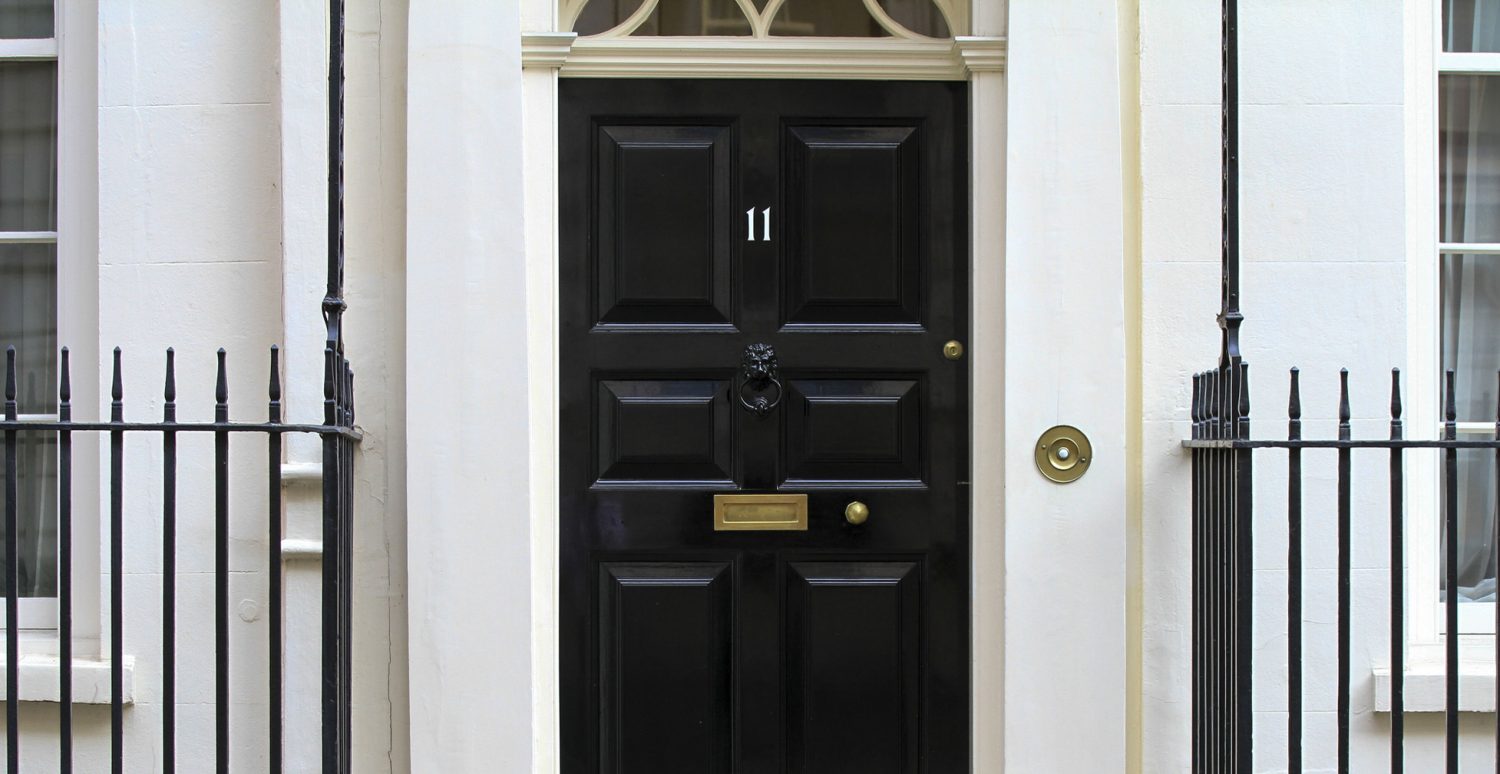Chancellor must drop plans to reduce tax for higher earners
Conservative tax plans are making rich families richer, writes Andrew Harrop
Conservative plans for tax and spending are driving up inequality. The party’s social security policies are making poor families poorer. Its tax plans are making rich families richer. In next Wednesday’s Budget, the chancellor must change course. It is immoral for a government to reduce the tax burden for high earners and the real incomes of poor households, side-by-side.
In April millions of low income families will see their benefits and tax credits frozen even though inflation is rising by 3 per cent, equivalent of taking away around £5 a week on average. That is a huge assault on the living standards of families with next to nothing to spare. Little wonder that child poverty is projected to soar over the next few years.
At the same time, the 2017 Conservative manifesto commits the chancellor to increase the higher rate tax threshold to £50,000 by 2020/21. Presumably he will do this in stages, which in 2018/19 would mean a rise in the upper rate threshold of approximately £1,550.
This is a tax giveaway in April of around £310 per year, for each of the 4.5 million higher rate taxpayers. On top of that most upper rate tax payers will benefit from another increase in the income tax personal allowance, which is set to be worth around £60 per year. So, in this Budget we are likely to see a tax giveaway for high earners of £370 per year – or over £700 where a couple are both higher rate tax payers.
It makes the stomach churn to imagine a single Budget giving away so much to the rich, while cutting incomes for the poor. In total, the income tax changes signalled in the Conservative manifesto imply a tax cut for higher rate tax payers of over £1.6bn in 2018/19. This planned giveaway must be put on hold.
In technical terms this can be achieved by reducing the upper rate income tax threshold to around £44,700, from today’s level of £45,000. This decrease means that basic rate tax payers can still benefit from a change to the personal allowance, but upper rate taxpayers will not.
The money earmarked for tax cuts for upper rate taxpayers should instead be used to support people on low incomes. Universal Credit and its predecessor benefits should be increased in line with CPI inflation – which would coincidentally cost around £1.6bn in 2018/19. This is a straight ‘switch’, away from planned tax cuts for high income households towards social security increases for low income households.
This plan will benefit over 5 million low income families, with the average household gaining by around £250 per year. To take some pressure off housing costs, the proposed increase includes the housing element of Universal Credit (currently housing benefit for working-age households). The costings take account of the inflation protection some UC recipients already receive – ie people with severe disabilities.
Looking beyond this April, Philip Hammond should make it clear that he will take no further steps to reduce the tax burden for higher rate tax payers until the current freeze on social security benefits is over. He should suspend his ambition to increase the higher rate tax threshold to £50,000, for as long as social security payments for families and children are rising by less than inflation.
The benefit freeze policy was designed at a time of low inflation and is now totally unsustainable – for one year, let alone three – but the freeze is currently due to last until 2019/20. It must end now. And until it does, there can be no tax cuts for the rich.

